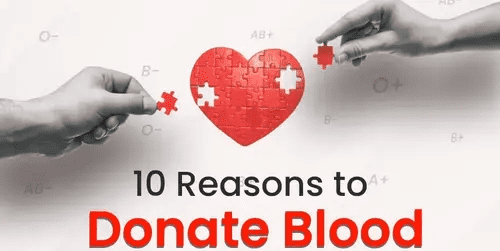
Intermittent fasting (IF) continues to generate excitement as a promising tool for revolutionizing health. It’s a unique eating pattern that shifts your focus from restricting specific foods to strategically planning your eating and fasting windows. The potential benefits extend far beyond weight loss, potentially influencing metabolic health, cellular function, and disease prevention. Let’s dive into what IF truly is, its various forms, the science behind its benefits, and the factors to consider before embarking on this journey.
Demystifying Intermittent Fasting
Intermittent fasting isn’t a diet in the conventional sense. It’s a structured eating pattern that establishes cyclical periods of fasting and eating. By consciously controlling when you eat, you give your body time to tap into stored energy reserves and facilitate essential repair processes that aren’t as active when you’re constantly digesting food.
Popular Intermittent Fasting Methods
Let’s explore some of the most common IF approaches:
The 16/8 Method:
A popular and beginner-friendly option, this method involves a daily 16-hour fast with an 8-hour eating window. Most people find it convenient to include their sleeping hours within the fasting period.
The 5:2 Diet:
This plan permits regular eating for five days a week while restricting your calorie intake to approximately 500-600 calories on two non-consecutive days.
Alternate-Day Fasting (ADF):
ADF involves a full 24-hour fast followed by a day of typical eating, repeated in a cyclical pattern. A modified version allows some calorie consumption ( around 500) even during fasting days.
Eat-Stop-Eat:
This approach entails one or two full 24-hour fasts per week, such as abstaining from dinner one day to dinner the next.
The Science Behind Intermittent Fasting’s Potential Benefits
How does IF impact our bodies? Here’s what the research suggests:
Weight and Fat Loss:
When you fast, your body taps into stored fat for energy, facilitating weight loss. IF often creates a natural calorie deficit as it becomes easier to consume fewer overall calories within shorter eating windows.
Hormonal Shifts:
IF influences several powerful hormones. Insulin levels lower when you fast, allowing easier access to stored fat. Simultaneously, your body increases the production of human growth hormone (HGH), which fosters fat-burning and muscle preservation.
Enhanced Insulin Sensitivity and Metabolic Health:
IF boosts insulin sensitivity, helping your body manage blood sugar levels effectively. This lowers type 2 diabetes risk and offers an array of metabolic benefits.
Cellular Repair and Renewal:
During fasting, a critical process called autophagy is triggered. Think of autophagy as cellular housekeeping, where your cells digest and remove damaged proteins and waste materials. This renewal process plays a potential role in disease prevention and anti-aging.
Heart Health Support:
Intermittent fasting demonstrates benefits for heart health by lowering blood pressure, improving cholesterol profiles, and reducing inflammation.
Brain Boost:
Some evidence suggests IF may increase brain-derived neurotrophic factor (BDNF) production, essential for neuron growth, learning, and memory. Moreover, studies point to possible protective effects against Alzheimer’s and Parkinson’s.
Is Intermittent Fasting Right for You? Important Considerations
While promising, IF isn’t a universal solution. Consult a healthcare professional before trying IF, especially if you:
- Have diabetes or other medical conditions
- Are pregnant, breastfeeding, or trying to conceive
- Have a history of disordered eating
- Take medications requiring you to eat
- Are underweight
Common Intermittent Fasting Experiences
Hunger:
You might initially experience increased hunger, especially if you’re used to frequent meals. This often subsides as your body adapts. Stay hydrated and prioritize nutrient-dense foods during eating windows.
Energy Shifts:
While some people report increased energy on IF, others may initially feel low energy. Listen to your body and adjust your activities accordingly.
Mental Clarity:
Many enthusiasts report enhanced focus and mental clarity during fasting periods.
Social Considerations:
I can sometimes bring social challenges. Plan how you’ll navigate events and gatherings thoughtfully.
Tackling Intermittent Fasting Challenges
Managing Hunger:
Opt for filling and fibrous foods like vegetables, protein sources, and healthy fats during eating windows. Avoid sugary drinks and processed snacks that cause blood sugar spikes, often leading to increased hunger later.
Electrolytes:
Longer fasts may warrant maintaining electrolyte balance. Incorporate broths or consult a healthcare professional about using electrolyte supplements.
Side Effects:
Headaches, irritability, and dizziness can occur as your body adjusts. These usually subside in time. If severe, break your fast and consider a modified approach.
Conclusion:
Intermittent fasting presents a unique approach to weight management and health optimization. Always do your research and consult a doctor before starting. Choose a safe and sustainable method and find support if needed. With consistency and awareness, IF might open the door to achieving your health goals and transforming your well-being.





